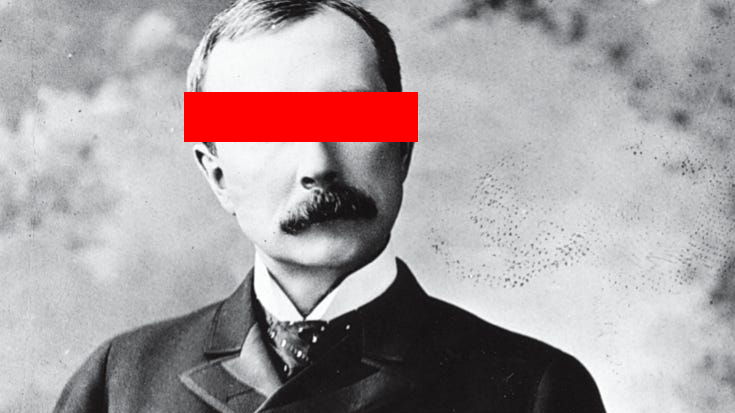The Bed of Procrustes by Nassim Taleb (Best Quotes)
Most people need to wait for another person to say “this is beautiful art” to say “this is beautiful art”; some need to wait for two or more.

Most of what they call humility is successfully disguised arrogance.
The characteristic feature of the loser is to bemoan, in general terms, mankind’s flaws, biases, contradictions, and irrationality—without exploiting them for fun and profit.
It is the appearance of inconsistency, and not its absence, that makes people attractive.
People reserve standard compliments for those who do not threaten their pride; the others they often praise by calling “arrogant.”
It is as difficult to avoid bugging others with advice on how to exercise and other health matters as it is to stick to an exercise schedule.
Friendship that ends was never one; there was at least one sucker in it.
To mark a separation between holy and profane, I take a ritual bath after any contact, or correspondence (even emails), with consultants, economists, Harvard Business School professors, journalists, and those in similarly depraved pursuits; I then feel and act purified from the profane until the next episode.
The book is the only medium left that hasn’t been corrupted by the profane: everything else on your eyelids manipulates you with an ad.
- In a footnote, he says to only read books. No other media or education.
The source of the tragic in history is in mistaking someone else’s unconditional for conditional—and the reverse.
Many people said to be unbribable are just too expensive.
The difference between love and happiness is that those who talk about love tend to be in love, but those who talk about happiness tend to be not happy.
There are two types of people: those who try to win and those who try to win arguments. They are never the same.
Skills that transfer: street fights, off-path hiking, seduction, broad erudition. Skills that don’t: school, games, sports, laboratory—what’s reduced and organized.
With regular books, read the text and skip the footnotes; with those written by academics, read the footnotes and skip the text; and with business books, skip both the text and the footnotes.
Most people need to wait for another person to say “this is beautiful art” to say “this is beautiful art”; some need to wait for two or more.
In Proust there is a character, Morel, who demonizes Nissim Bernard, a Jew who lent him money, and becomes anti-Semitic just so he can escape the feeling of gratitude.
Games were created to give nonheroes the illusion of winning.
“Knowledge is subtractive, not additive—what we subtract (reduction by what does not work, what not to do), not what we add (what to do).”
“The imagination of the genius vastly surpasses his intellect; the intellect of the academic vastly surpasses his imagination.”
“In Plato’s Protagoras, Socrates contrasts philosophy as the collaborative search for truth with the sophist’s use of rhetoric to gain the upper hand in argument for fame and money. Twenty-five centuries later, this is exactly the salaried researcher and the modern tenure-loving academic. Progress.”
“You can be certain that the head of a corporation has a lot to worry about when he announces publicly that “there is nothing to worry about.”
“The main difference between government bailouts and smoking is that in some rare cases the statement “this is my last cigarette” holds true.”
“It is much easier to scam people for billions than for just millions.”
“The curious mind embraces science; the gifted and sensitive, the arts; the practical, business; the leftover becomes an economist.”
“I had to read Aristotle’s Nicomachean Ethics Book IV ten times before realizing what he didn’t say explicitly (but knew): the magnificent (megalopsychos) is all about unconditionals.”
“Regular men are a certain varying number of meals away from lying, stealing, killing, or even working as forecasters for the Federal Reserve in Washington; never the magnificent.”
“Some reticent people use silence to conceal their intelligence; but most do so to hide the lack of it.”



Comments ()